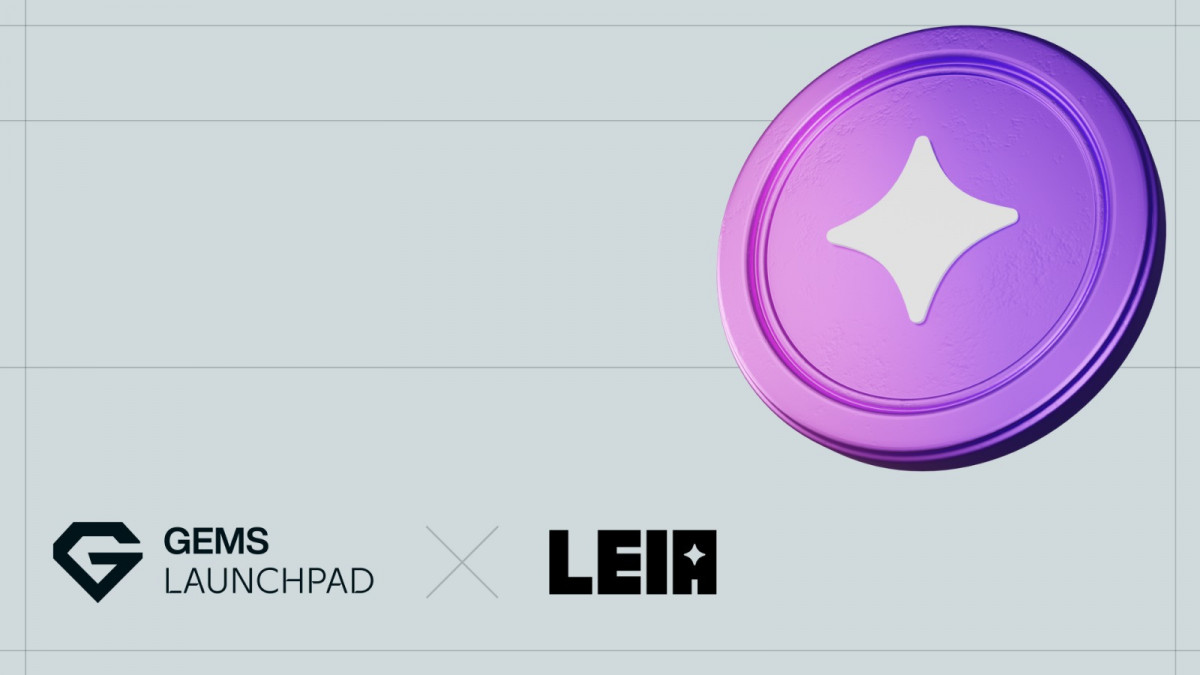Cardano (ADA) founder Charles Hoskinson congratulated the Polygon (MATIC) community for launching its zero-knowledge Ethereum (ETH) Virtual Machine (zkEVM) beta on March 27.
Hoskinson said innovations like this are great for the crypto industry, quoting a tweet from Polygon co-founder Sandeep Nailwal about Vitalik Buetrin’s landmark transaction on the network.
Polygon’s zkEVM
Polygon’s zkEVM is a blockchain network that would enable faster and cheaper transactions. The Zero Knowledge (ZK) rollup would allow several transactions to be batched off-chain and executed on Ethereum’s mainnet.
The scaling solution is widely considered the gold standard for Ethereum scaling, and one of its major proponents is Vitalik Buterin.
Fittingly, the first transaction on Polygon’s zkEVM mainnet beta was performed by Buterin — Nailwal described the gesture as “symbolic.”
The Ethereum co-founder set the gas fee for the transaction to 69,042 — a cheeky reference to the 69 and 420 meme numbers. He also added an on-chain message which reads:
“Millions of constraints for man, unconstrained scalability for mankind.”
Polygon said its zkEVM would be open-source so that other developers can study it and encourage further development.
Polygon warned that the zkEVM is still in the testing stage, adding that users should exercise caution when using the network.
Hoskinson’s history with Ethereum
This is one of the few times that Hoskinson has spoken positively about something related to Ethereum — having criticized ETH and its community on several occasions previously.
Hoskinson once described Ethereum as the Hotel California of crypto. At the time, he referenced a tweet claiming that ETH staking withdrawals might be delayed beyond the Shanghai upgrade.
The Cardano founder also called Ethereum staking problematic because it looks “a lot like regulated product.” He added that its design could allow the U.S. Securities and Exchange Commission (SEC) to combine all staking protocols.
Meanwhile, his Ethereum criticisms have come despite being one of the early contributors to the project.
Read More: cryptoslate.com










 Bitcoin
Bitcoin  Ethereum
Ethereum  Tether
Tether  XRP
XRP  Solana
Solana  Dogecoin
Dogecoin  USDC
USDC  Cardano
Cardano  Lido Staked Ether
Lido Staked Ether  TRON
TRON  Avalanche
Avalanche  Sui
Sui  Wrapped stETH
Wrapped stETH  Toncoin
Toncoin  Chainlink
Chainlink  Wrapped Bitcoin
Wrapped Bitcoin  Stellar
Stellar  Shiba Inu
Shiba Inu  Hedera
Hedera  Polkadot
Polkadot  WETH
WETH  Bitcoin Cash
Bitcoin Cash  LEO Token
LEO Token  Hyperliquid
Hyperliquid  Uniswap
Uniswap  Litecoin
Litecoin  Pepe
Pepe  Wrapped eETH
Wrapped eETH  NEAR Protocol
NEAR Protocol  Ethena USDe
Ethena USDe  USDS
USDS  Internet Computer
Internet Computer  Aptos
Aptos  Aave
Aave  Mantle
Mantle  Cronos
Cronos  Render
Render  POL (ex-MATIC)
POL (ex-MATIC)  MANTRA
MANTRA  Bittensor
Bittensor  Ethereum Classic
Ethereum Classic  Monero
Monero  WhiteBIT Coin
WhiteBIT Coin  Virtuals Protocol
Virtuals Protocol  Artificial Superintelligence Alliance
Artificial Superintelligence Alliance  Dai
Dai  Tokenize Xchange
Tokenize Xchange